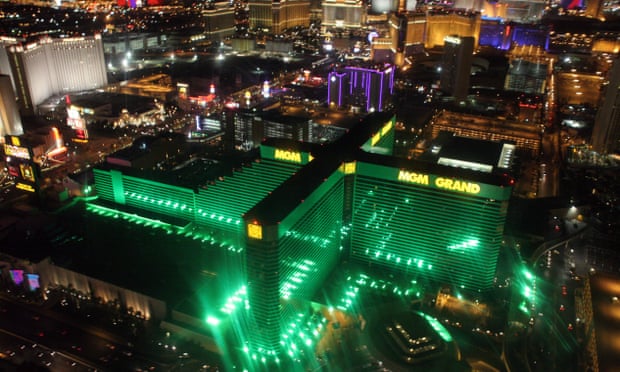It feels surprising that the big beasts of the US gambling scene, Las Vegas casino companies, are such digital dunces that they require UK-listed companies to tell them how to run an online betting business. But a pattern has been established. Slick back-office technology, proved over years in Europe, is seen as critical to cracking the liberalising US betting market.
Caesars Entertainment last year agreed a £2.9bn purchase of William Hill. US money is flowing into Flutter Entertainment, owner of PaddyPower and Betfair. Now MGM Resorts has bid £8.1bn for Entain, as GVC, owner of Ladbrokes and Coral, calls itself these days.
Given that Entain’s shares went as low as 300p in the panicky Covid selloff last March, one might say it’s brave for the board to declare that £13.83 “significantly undervalues the company and its prospects”. After all, it’s no so long ago that GVC was a scrappy, Aim-listed operator that made a chunk of its money in high-risk unregulated markets (and HM Revenue & Customs is still investigating the processing of payments in a former Turkey division).
Ladbrokes owner’s shares leap after it rejects £8.1bn MGM bid
But, actually, rejecting MGM’s initial approach looks the correct response. Entain’s shares had recovered to £11.33 by the end of 2020 and a 22% takeover premium is miserable given the hype around the coming betting boom in the US as regulations there relax.
Entain and MGM run a 50/50 joint venture in North America called BetMGM and, although it’s now small (annual revenues of $150m-ish), the potential for growth is what matters from a valuation perspective. Entain estimated the joint venture’s share of the market in relevant US states at 18% last November. If that ratio can be defended, and if the US betting market will eventually be worth $20bn (£14.8bn) to $30bn, as analysts suggest, you don’t surrender cheaply before the game has started properly.
Jefferies analysts had put a £14.50 price target on Entain’s shares based on a 15% US market share. But, they added, one could also look at the lofty rating of DraftKings, a quoted US rival, and come up with £19.75. Either way, £13.83 is a long way short of being a compelling offer.
Besides, since MGM is offering shares and only a “limited partial” cash alternative, the bidder is obliged to say something about its would-be strategy for a combined entity. How else are Entain’s investors, who would hold 41.5% of an enlarged MGM on even these inadequate terms, meant to assess what they’re being offered? For example: would the British betting shops, which look an odd fit with shiny Vegas casinos, be kept or sold?
MGM, one assumes, will clarify such points if it proceeds to a formal bid. In the meantime, Entain’s board should continue to take a relaxed line. If the Americans want to pay over the odds today, fine. If they don’t, there’s little harm in making MGM wait to see how the US betting bonanza develops. A corporate marriage is probably on the cards eventually, but there’s no need for Entain to rush.
Ferguson sale of Wolseley UK is surely good news
Wolseley used to be a big FTSE 100 name until the company decided in 2017 it would rather be called Ferguson, in honour of its large US building materials business. Now Wolseley UK, the domestic distributor of heating and plumbing products, is departing and the disposal price ain’t much to shout about – £308m for an operation with turnover of £1.4bn.
The modest £6m of trading profit at the UK unit last year partly explains the lowly price. The abandonment of the original spinoff float plan also sent a weak price signal. And, in the midst of a pandemic, would-be trade buyers were probably thin on the ground.
So the US private equity firm Clayton Dubilier & Rice looks to have had an easy run at this deal; it’s even been able to force Ferguson to keep the associated defined pension liabilities. One can bemoan the arrival of opportunistic private equity money but, actually, it’s surely a good thing that somebody is prepared to take a punt that a cyclical UK business is still worth investing in.
The board of Ferguson, with US activist investors on its tail demanding a purely North American company and a US listing, was never going to rise to that challenge.
Source: Read Full Article

